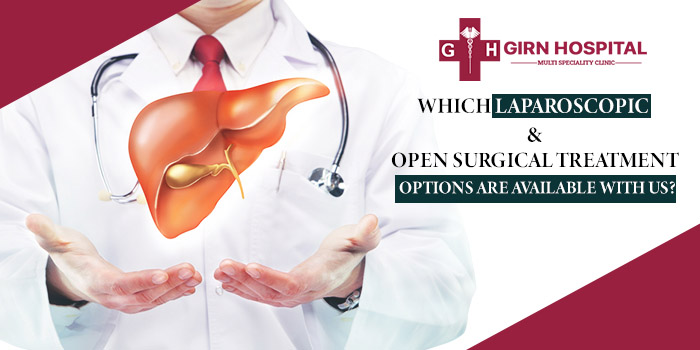Liver Disease: What is liver disease, its function, causes, and symptoms?
Overview
The liver plays an imperative role in carrying out various bodily functions from blood clotting and protein production to sugar & iron metabolism. Considering the given situation, it is important to take proper care of your liver and overall health. COVID-19 patients have higher chances of getting diagnosed with liver disease or liver damage. So, it is better to be cautious as it will help to take control over the situation at the right time.
The function of the Liver
The liver makes bile which is the fluid that contains other substances, chemicals, water, and bile acids. The liver is like a power-house of performing various vital functions in the body which are:
- Bild production is necessary for food digestion.
- Store extra glucose or sugar as glycogen which is then converted into glucose when the body needs energy.
- Production of amino acids along with the ones which are necessary to fight infection.
- Production of blood clotting factors
- Production and storage of iron which is helpful in red blood cell production.
- Medications are metabolized into the necessary ingredients in the body.
What is liver disease?
Liver disease is the disturbance of liver function which leads to illness. The liver carries out imperative functions in the body and if it is affected the body is affected to a great extent. In medical terms, it is also known as hepatic disease. The liver is the largest solid organ and it carries out various functions. The portal vein delivers chemicals and proteins which are necessary to produce the cholesterol, protein, and glycogen to carry out the normal functioning of the body.
Causes of Liver Disease
There are different conditions and diseases which can affect the liver through certain drug consumption like acetaminophen and its combination with other medications like Norco & Vicodin. Other causes of liver disease include:
- Alcohol consumption
- Cirrhosis
- Statins
- Hepatitis A, B, C, E, and D
- Nonalcoholic fatty liver disease
- Iron Overload
Signs and Symptoms of Liver Disease
Signs and symptoms are linked with liver disease and these may vary depending on what exactly is the issue. Some of the major signs and symptoms of liver disease are mentioned below:
- Jaundice
- Abdominal pain and swelling
- Itchy skin
- Dark urine color
- Nausea
- Vomiting
- Chronic fatigue
- Pale stool color
- Bloody stool
- Tar-colored stool
- Swelling in the ankles and legs
- Loss of appetite
- Easy bruising
When should you consult the medical expert for liver disease?
In most cases, liver disease is an onset process and you are not able to notice the specific symptoms which tell you that you need to get medical attention. Although, the symptoms like weight loss, weakness, and fatigue are not the reason to seek medical treatment on an emergency basis.
But, if you notice yellow skin or have jaundice then make sure to consult the doctor right away. Along with that these symptoms also need medical assistance on a prompt basis like:
- Persistent fever
- Vomiting
- Abdominal pain
It is important to not neglect the situation at any cost as the problem can get worse in the future. Emergency and medical evaluation on an urgent basis are necessary to ensure liver health is right.
Schedule an appointment, without any delay
If you are suspected to have liver disease or diagnosed with one, then schedule your initial consultation with us. Our experienced liver doctor will provide you a customized treatment approach that helps to improve your condition and you can live a better life.


